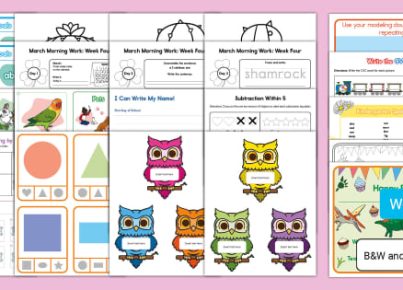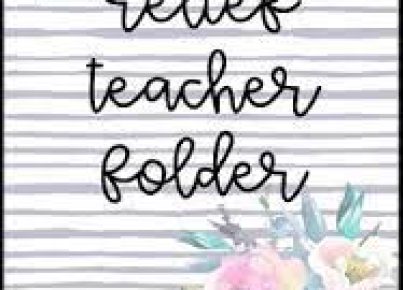Fine motor skills are essential for children’s development as they are foundational abilities that permit a range of activities, including writing, cutting, and self-care. Fostering these skills in the early years through engaging activities can lead to strong academic performance and independence in daily routines. Here are 11 tried and tested fine motor activities tailored for preschoolers and kindergarteners:
1. Playdough Sculpture: Encouraging children to manipulate playdough by rolling, squeezing, and sculpting improves hand strength and dexterity.
2. Bead Threading: Using colorful beads and strings or pipe cleaners, children can create patterns while enhancing their pincer grip and eye-hand coordination.
3. Puzzle Assembling: Interlocking puzzles with diverse sizes and shapes help little ones refine their problem-solving skills along with fine motor precision.
4. Sticker Art: Peeling stickers off sheets and placing them on paper requires careful control of finger movements, contributing to finer muscle development.
5. Cutting Practice: With safety scissors, kids can cut along lines on paper to build hand control while learning to use tools safely.
6. Lacing Cards: Lacing shoelaces or strings through pre-made cards strengthens hand-eye coordination and fosters patience among young learners.
7. Crafting with Tweezers: Picking up small objects like pompoms or beads with tweezers is ideal for mastering the pincer grasp necessary for writing instruments.
8. Water Dropper Painting: Using a water dropper to transfer colored water onto a coffee filter not only cultivates concentration but also enhances grip and release mechanics.
9. Building with Blocks: Stacking and balancing blocks challenge both creativity and the fine motor skill needed to gently place each block without toppling the structure.
10. Finger Painting: While it’s an avenue for artistic expression, finger painting also allows children to use different pressures and movements with their fingers, promoting sensory development.
11. Button Sorting and Fastening: Sorting buttons by size, color or shape offers cognitive engagement as well as practice with finger manipulation when fastening them on fabric with slits.
Incorporating these activities into the daily routine of preschoolers and kindergarteners not only offers fun learning experiences but also lays down the foundation for critical skills such as writing, using utensils, typing, and personal care tasks like zipping jackets or tying shoelaces. When educators infuse play with skill-building opportunities, children can develop these important capabilities in an enjoyable, low-pressure environment.





